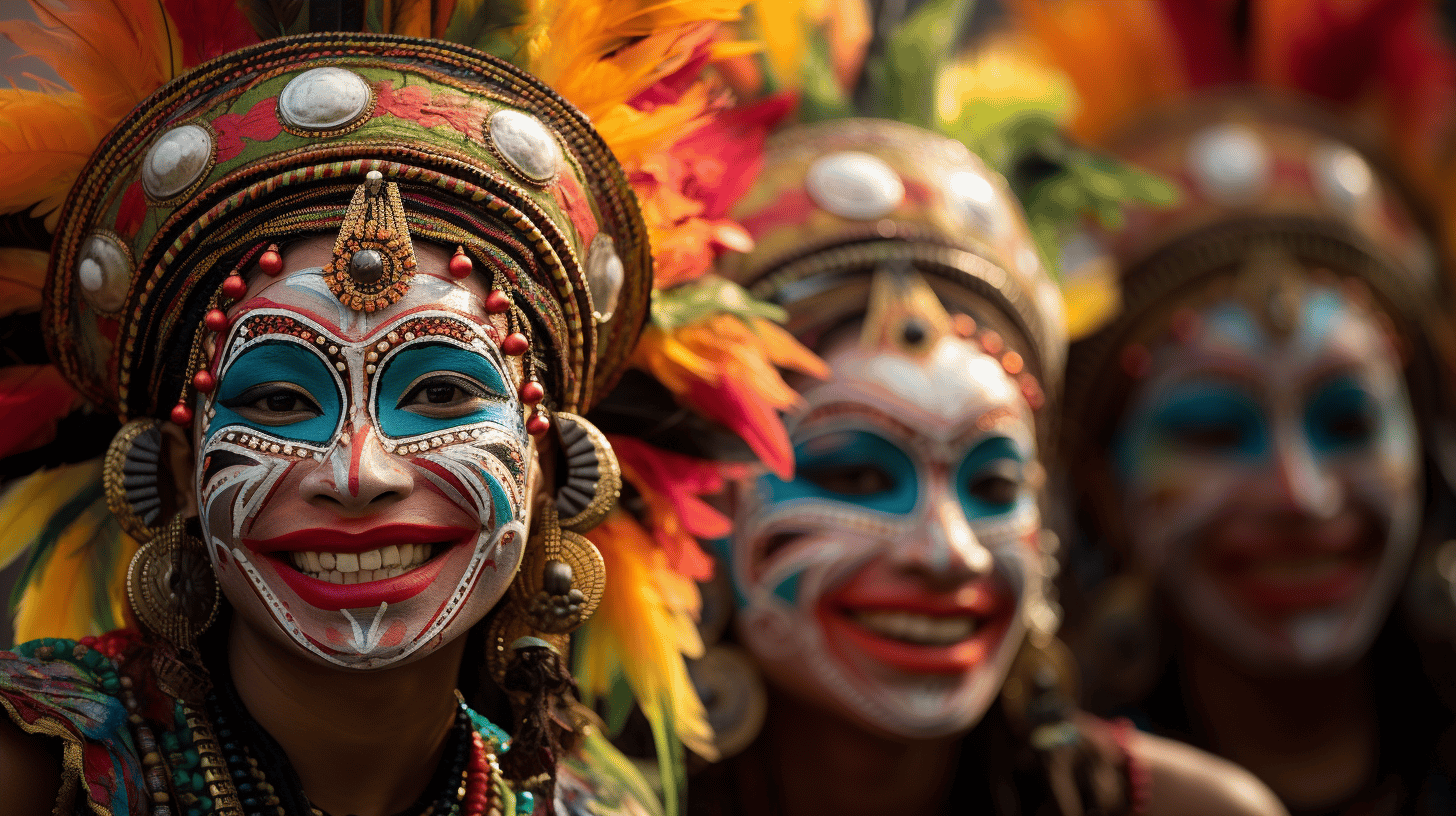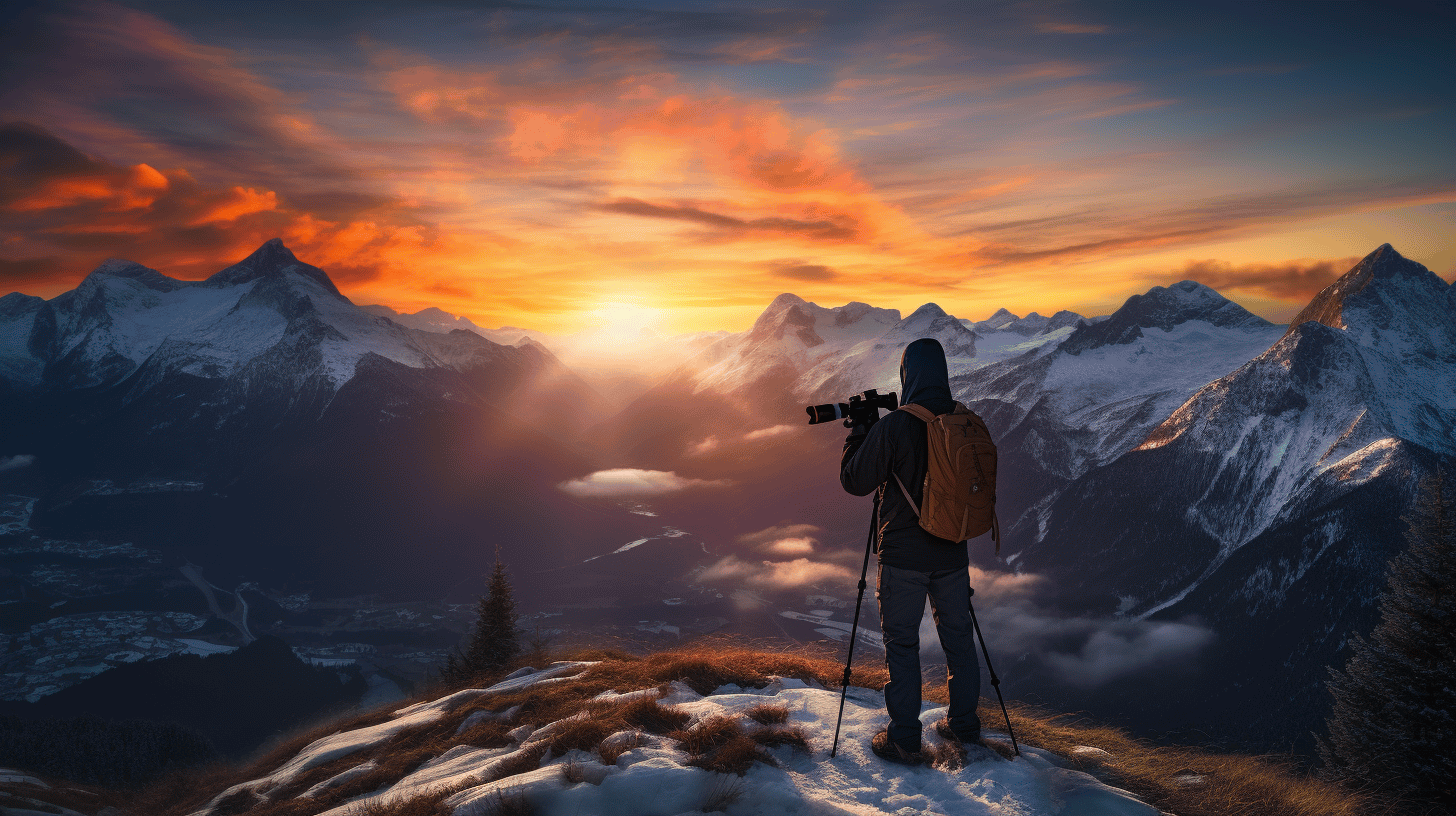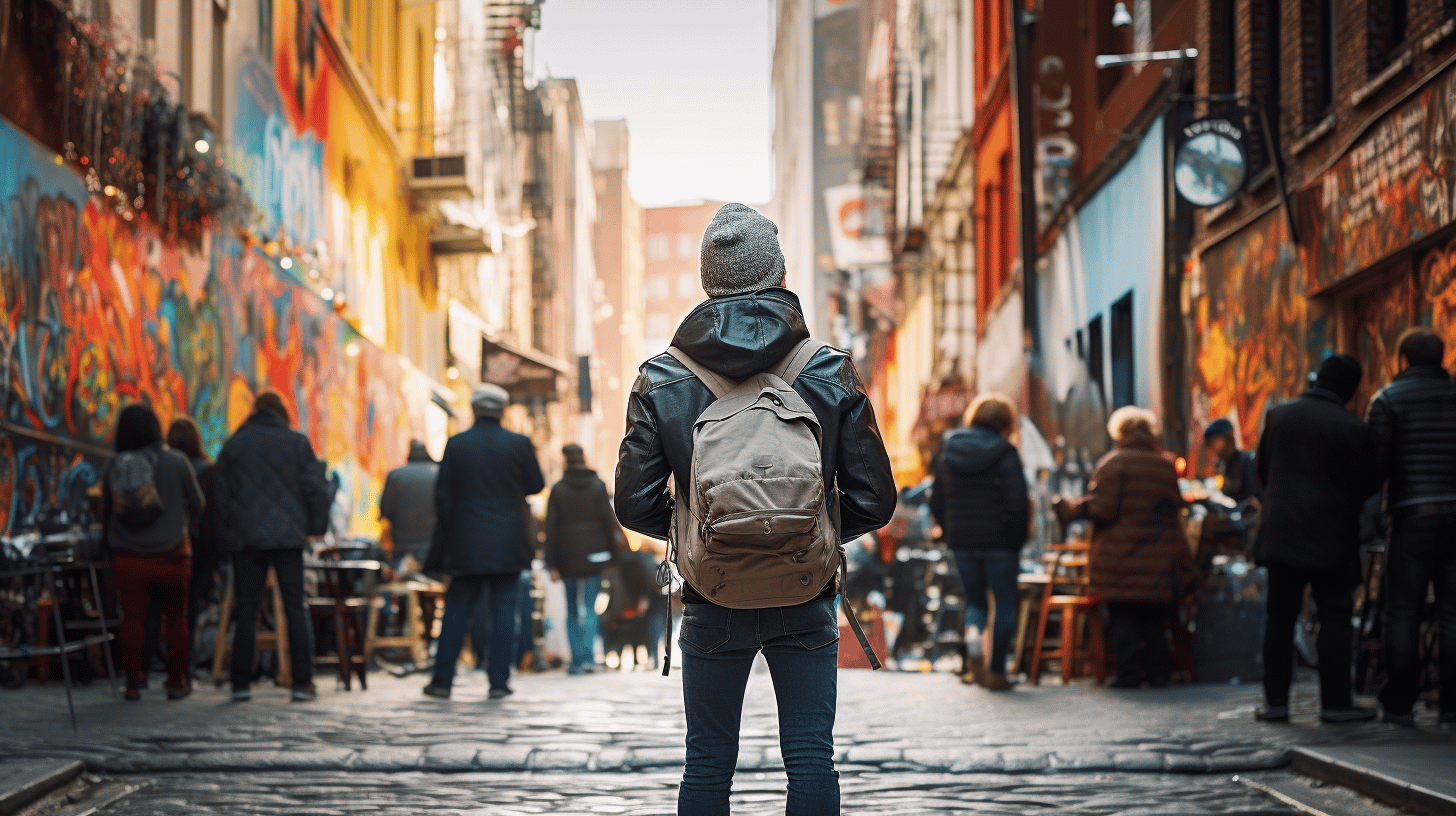Exploring the Future of 360 Photography: Trends, Equipment, and Techniques for Virtual Tours
Introduction
360 photography has transformed how we document spaces—from real estate showcases to virtual museum tours. This article dives into current 360 photography trends, must-have 360 camera equipment, powerful 360 photo software, and actionable tips for creating immersive virtual tours.
Current 360 Photography Trends
The Rise of Virtual Reality Experiences
Integration of 360 photography with virtual reality (VR) is booming in gaming, education and healthcare. Museums now offer VR tours, bringing exhibits to global audiences—learn more in our VR in Museums Guide.
Increased Demand in Real Estate Marketing
Real estate agents are leveraging 360-degree tours to boost online engagement. According to the National Association of Realtors, listings with 360 tours receive 87% more inquiries than static images.
Social Media and User-Generated Content
Platforms like Facebook and Instagram now support 360 uploads, driving user-generated immersive content. Brands use interactive posts to captivate audiences and drive social engagement.
Essential 360 Camera Equipment
Types of 360 Cameras: A Comparison
- Insta360 ONE X2: Compact, stabilized—ideal for beginners.
- GoPro MAX: Dual-purpose as action camera and 360 shooter.
- Ricoh Theta Z1: Professional-grade image quality for real estate.
Accessories to Enhance Your 360 Photography
- Tripods: Opt for stable, adjustable models for low-light shots.
- Monopods: Capture unique angles without blocking views.
- Lens Cleaning Kits: Keep optics pristine for crystal-clear panoramas.
Budgeting for 360 Photography Gear
Prices range from entry-level ($200–$400) to professional (> $800). Shop holiday deals or finance through retailers like B&H Photo Video.
360 Photo Software: Tools for Creators
Editing Software for Stunning Visuals
- Adobe Photoshop: Comprehensive stitching and retouching.
- PTGui: Expert panorama stitching for seamless results.
- Insta360 Studio: Free, user-friendly editing for Insta360 users.
Software for Creating Virtual Tours
- Matterport: Interactive tours with floor plans and hotspots.
- Kuula: Quick upload and share—ideal for real estate agents.
- Pano2VR: Highly customisable tours with advanced features.
Integration with Other Technologies
Ensure compatibility with VR headsets and mobile devices to broaden accessibility. Many platforms support WebXR for browser-based VR experiences.
Tips for Effective Virtual Tour Photography
Planning Your Shots
- Map your tour flow before shooting.
- Shoot during golden hour for warm, inviting light.
- Scout locations to identify best camera positions.
Lighting and Composition Techniques
- Use natural light to create realistic scenes.
- Avoid harsh shadows with diffusers or overcast days.
- Employ leading lines to guide viewers through the space.
Post-Production and Enhancements
- Perform colour correction for consistency.
- Add interactive hotspots to highlight features.
- Embed floor plans for intuitive navigation.
Reviews of Popular 360 Cameras
In-Depth Model Reviews
- Insta360 ONE X2: Excellent stabilisation; battery life can be limiting.
- GoPro MAX: Versatile but steeper learning curve.
- Ricoh Theta Z1: Superb image quality; premium price point.
User Experiences and Ratings
Photographers laud ease of use on entry models, while professionals value Theta Z1’s clarity for high-stakes shoots.
Where to Buy and Best Deals
Shop at Amazon, B&H Photo or specialist camera stores. Look for discounts during Black Friday and Cyber Monday.
Conclusion
360 photography continues to evolve—driving VR experiences and revolutionising real estate marketing. By staying current with trends, investing in the right gear, mastering editing tools and planning shoots meticulously, you can create immersive virtual tours that captivate audiences and drive results. Dive into 360 photography today and transform how you share the world.
Frequently Asked Questions
Q: Which 360 camera is best for beginners?
A: The Insta360 ONE X2 offers user-friendly controls, stabilisation, and affordable price—great for newcomers.
Q: Do I need special software for 360 editing?
A: While basic edits can be done in Photoshop, dedicated tools like PTGui and Insta360 Studio streamline stitching and corrections.
Q: How do I optimise lighting for indoor virtual tours?
A: Use diffused natural light where possible, supplement with soft LED panels, and avoid mixed colour temperatures.
Q: Can I share 360 tours on social media?
A: Yes—Facebook and YouTube support 360 uploads; Instagram supports 360 via third-party apps like Kuula.




0 Comments